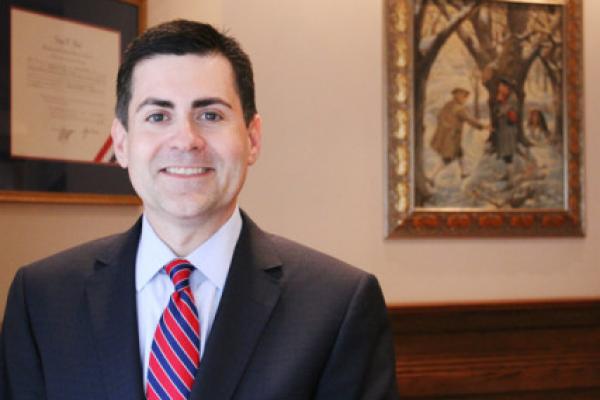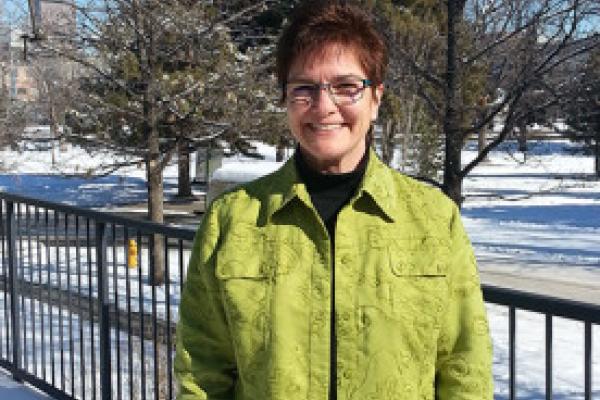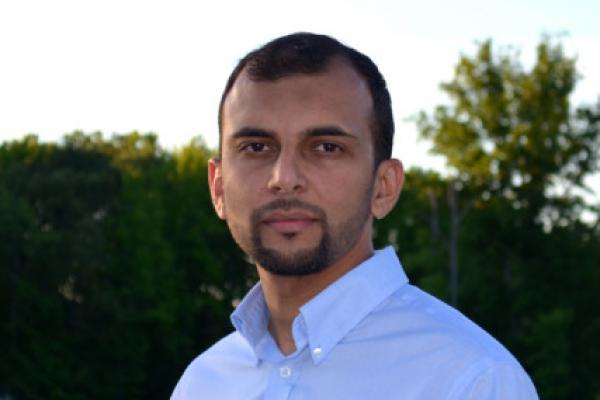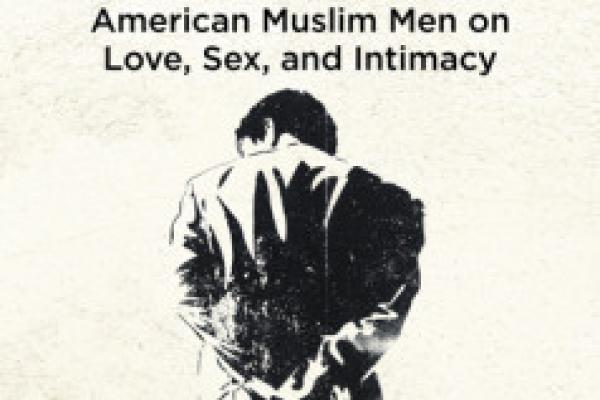Sunday’s Super Bowl was dubbed by some as the “pot bowl,” as the Denver Broncos and Seattle Seahawks hail from the two states where fans can soon get marijuana as easily as they can get pizza. As public opinion has shifted in support of legalized marijuana, religious leaders are wrestling over competing interests, including high prison rates and legislating morality.
According to a 2013 survey from the Public Religion Research Institute, 58 percent of white mainline Protestants and 54 percent of black Protestants favor legalizing the use of marijuana. On the other side, nearly seven-in-10 (69 percent) white evangelical Protestants oppose it.
Catholics appear to be the most divided Christian group, with 48 percent favoring legalization and 50 percent opposing it. Opinions on how states should handle those who possess or sell marijuana varies among Christian leaders.
The Republican response to President Obama’s State of the Union speech introduced many Americans to Rep. Cathy McMorris Rodgers. While those of us in Spokane are already familiar with our congresswoman, little is known about her alma mater, Pensacola Christian College.
Study of the Bible is a major concern at PCC, and every student is required to take Bible courses. The treatment of the Bible at PCC is somewhat extreme. The Florida school has a particular (and peculiar) attachment to the King James Version (published in 1611), noting on its website, “it is our practice to use only the Authorized Version [KJV] in the pulpit and in classroom instruction.”
A brief introduction to PCC might help illuminate some of the formative ideas that have shaped the faith and religious views of this rising star within the GOP.
Qadeer Abbasi is recovering from a broken arm in his two-room shanty home not far from the capital, Islamabad.
On Nov. 15, Abbasi, 34, offered noontime Friday prayers at Madrassa Taleem ul Quran when the seminary was attacked by a procession of Shiite mourners. Besides the Sunni madrassa, the Shiites also struck 100 shops, four private banks, and scores of cars.
In less than an hour, 12 people were killed and intense gunfire prevented humanitarian services from ferrying the injured to hospitals.
On Sunday, a Denver congregation of Mennonites licensed the first lesbian in a committed same-sex relationship, the first step toward ordination.
Theda Good’s licensure was celebrated by some Mennonite Church USA clergy and greeted with dismay by others.
Good was licensed for ministry as pastor of nurture and fellowship at First Mennonite Church of Denver, where she is currently on the staff. Originally from Lancaster, Pa., Good is a graduate of Eastern Mennonite Seminary in Harrisonburg, Va.
Sentenced for professing his atheism, Alexander Aan was recently released after 18 months in an Indonesian prison.
Masood Ahmad has already served over two months in a Pakistani prison for reading the Quran as an Ahmadi Muslim.
Pastor Saeed Abedini languishes in an Iranian prison for preaching Christianity.
They are but a sliver of the ongoing persecution, including murders, of Ahmadi Muslims, Shiite Muslims, Christians, Hindus, and atheists at the hands of extremists claiming Islam requires death for apostasy and blasphemy.
The abortion rate in the U.S. has dropped to its lowest level since the procedure became legal in 1973, according to a new data analysis that reflects a 13 percent decline in both the abortion rate and the number of abortions from 2008 to 2011.
The report being issued Monday by the Guttmacher Institute in New York finds the 2011 rate declined to 16.9 abortions per 1,000 women ages 15-44, second only to 1973, when the rate was 16.3 per 1,000.
Declines were seen in all but six states — Alaska, Maryland, Montana, New Hampshire, West Virginia, and Wyoming — which saw either no change or an increase in abortion rates.
Just as polar vortices sweep through America, Elsa, one of the main characters in the latest Disney princess movie, Frozen, unleashes her icy power in the fictional kingdom Arendelle, across theaters everywhere. In addition to delighting progressive audiences by satirizing Disney’s own trope of “marriage at first sight,” the story compels viewers, young and old, to find courage to be their true selves. The Oscar-nominated signature song, “Let It Go,” poignantly expresses the sentiment of letting go of fears, secret pains, and pretense. Fans of the song, from celebrities to little girls, have been belting the tune theatrically anywhere from kitchens to car rides to the Internet.
G.K. Chesterton says,
Fairy tales are more than true: not because they tell us that dragons exist, but because they tell us that dragons can be beaten.
A good story is more than a pleasurable experience — it empowers us to live a changed life. Frozen is filled with beloved characters and catchy melodies, but also has much to teach us about power, privilege, and community.
Oppressive. Boorish. Misogynist: Those are the popular images of Muslim men and how they treat women.
But there’s more to it than that, thought Ayesha Mattu and Nura Maznavi, the editors of Love, InshAllah: The Secret Love Lives of American Muslim Women.
Many Muslims welcomed the two women’s 2012 collection of 25 stories as an overdue conversation starter. Soon they got flooded with requests for a male version.
They initially dismissed the idea, assuming men wouldn’t want to write so openly about such intimate matters. But as the queries kept coming, the two editors decided a Muslim male version wasn’t that far-fetched, and given the stereotypes of Muslim men, much needed.
This has been a hard winter — from Minnesota to Alabama. It’s been a very hard winter for Tanya and Red and Jamie and Andre and Adrian and Mercy. They are my neighbors here in New York City. It’s not that the heat was shut off in their apartments because they didn’t pay their bills. They have no apartments. Since last fall, they have made their beds on the steps of Riverside Church, under the scaffolding at Union Seminary and on the benches near Grant’s Tomb.
“Will you be warm enough tonight?” I asked Tanya. “Oh, we’ll be plenty warm,” she said as she showed me their outdoor bedroom: the first layer was carpeting, then stacks of blankets for padding and many more blankets for covers. “Once you’re in here,” said Red, “it’s too hot to keep your jacket on.” I was grateful to hear that because, well, then I wouldn’t feel so terrible going inside my warm apartment.








